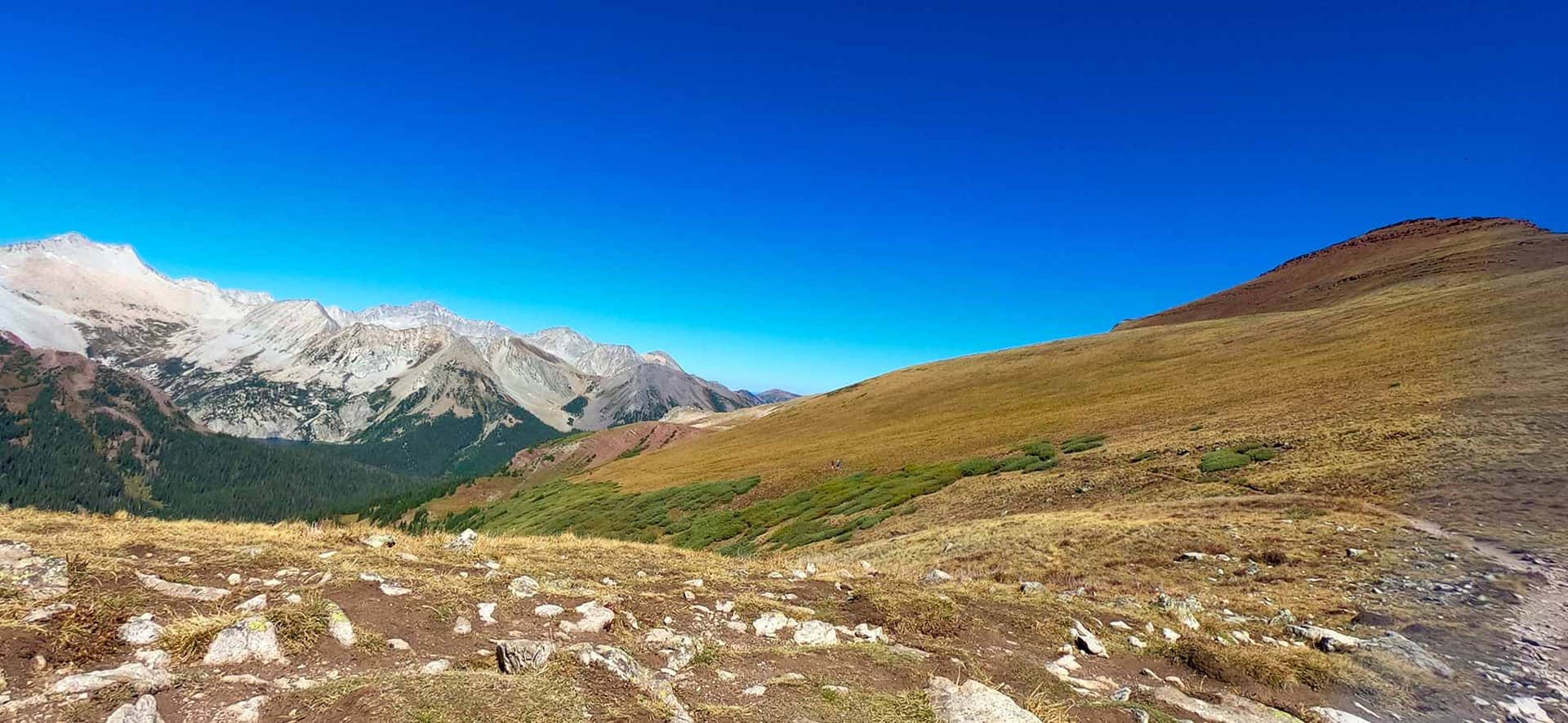When venturing into the great outdoors, it’s important to minimize your impact on the environment to preserve the natural beauty and wildlife. Here are the seven Leave No Trace Principles for hiking that every outdoor enthusiast should be familiar with:
- Plan Ahead and Prepare
Before embarking on a hiking adventure, research the trail and familiarize yourself with the terrain, weather, and regulations. Plan your route, check the weather forecast, and make sure you have all the necessary permits and equipment. By planning ahead, you’ll minimize the risk of getting lost or injured, and you’ll be better equipped to minimize your impact on the environment. - Travel and Camp on Durable Surfaces
When hiking, stick to established trails to avoid trampling on fragile vegetation and disturbing wildlife. If you need to camp, choose a site that is already impacted and camp at least 200 feet from lakes and streams to minimize the risk of polluting the water. - Dispose of Waste Properly
Pack out all trash, leftover food, and litter. Don’t bury trash, as it may not decompose properly and could attract animals. If you need to use the restroom, use designated facilities or dig a small hole at least 200 feet away from water sources and trails. - Leave What You Find
Avoid picking flowers or taking rocks or artifacts as souvenirs. Leave natural and cultural objects as you find them for others to enjoy. - Minimize Campfire Impact
Campfires can cause significant damage to the environment and wildlife habitats. If possible, use a lightweight stove for cooking and avoid building a campfire altogether. If you must have a campfire, use established fire rings or fire pans, and only burn small sticks and twigs. Never leave a campfire unattended, and make sure it is completely extinguished before leaving. - Respect Wildlife
Observe wildlife from a safe distance and avoid feeding or approaching them. Keep food and trash stored securely to prevent attracting animals to your campsite. If you encounter a wild animal, give it plenty of space and avoid getting between a mother and her offspring. - Be Considerate of Other Visitors
Respect other hikers’ right to enjoy the outdoors by keeping noise levels down and leaving radios and other electronics at home. Yield to other hikers on the trail, and avoid hiking in large groups that can damage trails and disturb wildlife.
By following these Leave No Trace Principles, you can help preserve the natural beauty and wildlife of the great outdoors for generations to come. It’s the responsibility of all outdoor enthusiasts to minimize their impact on the environment and protect the wilderness areas we love.
Aaron Johnson has been hiking in Colorado for over 20 years. The owner and editor of Dayhikes Near Denver, Aaron writes every trail profile as a local guide who has hiked hundreds of miles of trails along the Front Range and deep in the Rocky Mountains of Colorado.





It’s incredible how many people still leave soda bottles and food wrappers on the trails still these days. Leave no trace is honestly one of the easiest things to go along with. I’m glad for everyone out there who is driving home this philosophy.